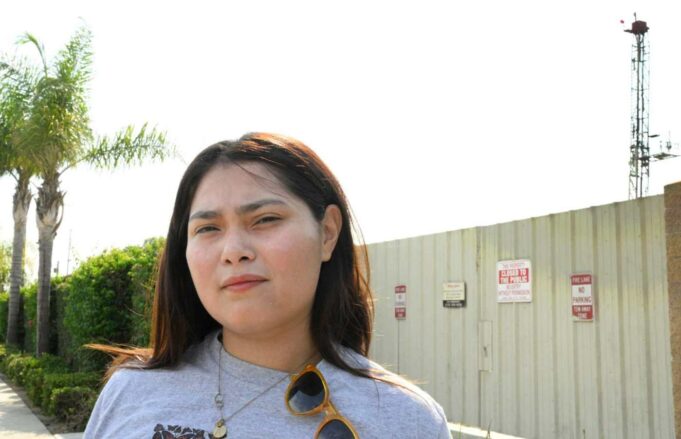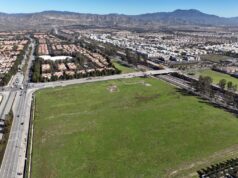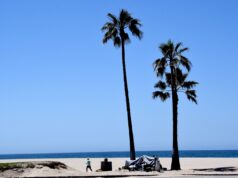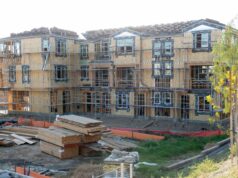Staff report, Olga Grigoryants
Gov. Gavin Newsom today signed a package of environmental bills including SB 1137, closely watched by communities in Southern California who live near the region’s extensive oil well fields. The new law prohibits new oil and gas wells, or major retrofitting of existing wells, within a new buffer zone of 3,200 feet between the wells and homes, schools, nursing homes and hospitals.
SB 1137 also requires companies to monitor leaks and emissions and install alarms.
Food & Water Watch California Organizing Manager Tomás Rebecchi recently called SB 1137 “the most meaningful piece of climate legislation passed” by California lawmakers this session.
Just days before the governor’s signing, Ashley Hernandez, a community organizer for the nonprofit Communities for a Better Environment in Wilmington, said she hoped Newsom would back the bill to address the “traumatic impact of the oil and gas industry.”
“We are tired of our community being disregarded,” Hernandez told the Daily News . “This is such a sweet moment. … It’s transformational for all of us.”
Newsom recently put his power behind the bill, including it this summer in his mix of proposed bills to fight climate change. An effort in 2019 by South Bay Assemblymember Al Muratsuchi, died in Sacramento while several other states went the other direction and created buffer safety zones in recent years.
The governor signed SB 1137 at a ceremony in Solano County where he also signed three other climate-related bills involving the state electric grid, carbon neutrality, and the capture and reuse of carbon emissions.
As in 2019, the proposed buffer zone legislation this year was fought hard by the oil and gas industry, some major business groups such as the state Chamber of Commerce, and powerful trade unions who called it a job killer.
More than 2.7 million Californians live within the 3,200 feet buffer zone in California, and 70% of them are people of color.
In Los Angeles County nearly 1.89 million residents live near oil and gas operations — one of several California countries that produce large volumes of oil. The other impacted counties include Kern, Ventura, Orange, and Santa Barbara, according to an analysis by the non-profit FracTracker Alliance.
Kobi Naseck, of Voices in Solidarity Against Oil in Neighborhoods, recently told the Daily News, “We have the data and we have the science and we’re going to take action on that science to protect our people from the big oil.”
The bill impacts not just new, but existing wells, Naseck said, prohibiting oil companies from seeking permits to make existing wells deeper to extract more oil, a procedure oil companies perform every few years.
The new law does not create any restrictions at the Aliso Canyon underground gas storage facility near Porter Ranch, which released about 105,000 metric tons of methane during the 2015 Southern California Gas leak disaster that drove thousands of residents from their homes.











